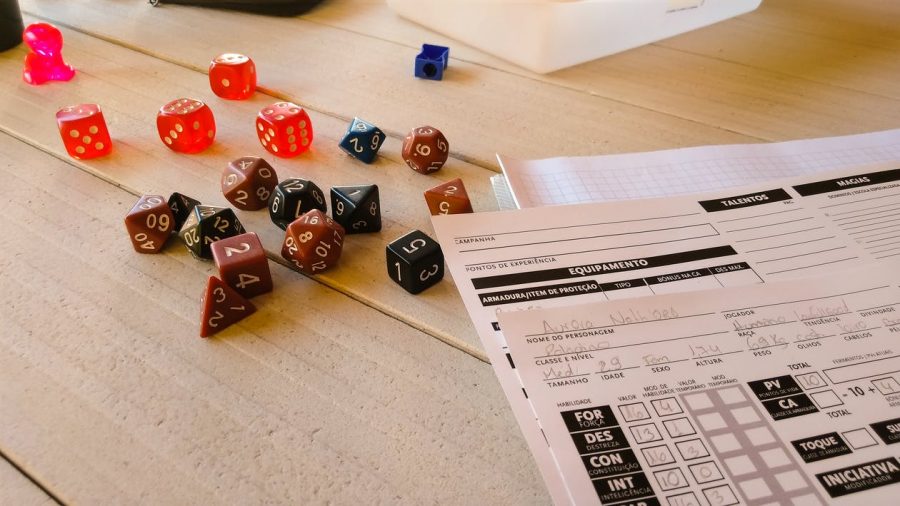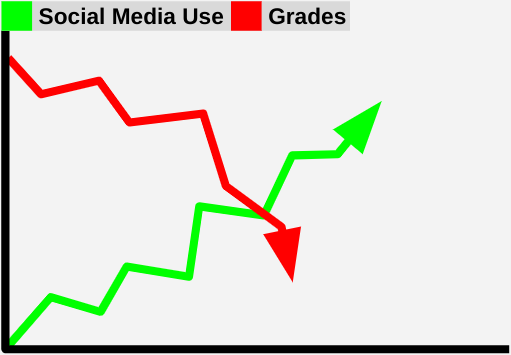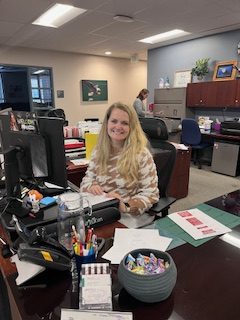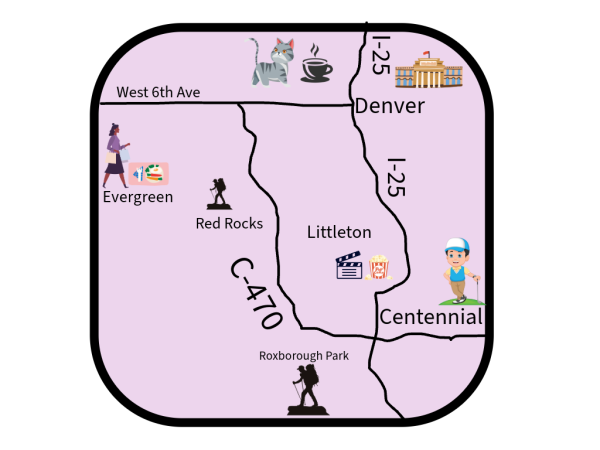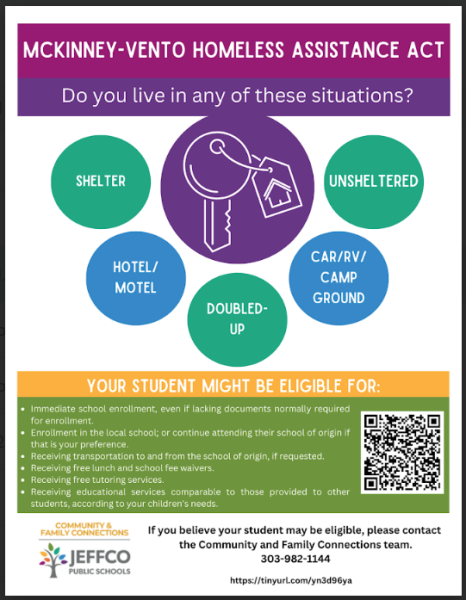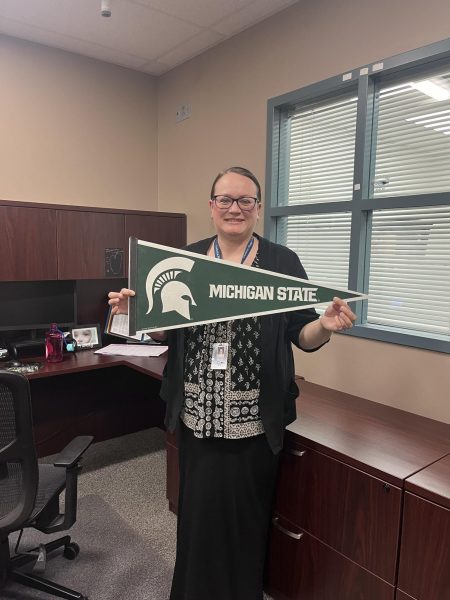Dungeons, Dragons, and Dakota Ridge
D&D players create characters by rolling dice and choosing attributes through the Player’s Handbook. The Game Master, most commonly called the Dungeon Master, writes the story these characters will interact with. Photo credit: Pexels
December 12, 2019
Dungeons & Dragons, a role-play-heavy tabletop game, has taken to new heights of popularity, becoming a major interest within Dakota Ridge’s Gamer’s Club, as well as outside the community.
Created in 1974 by Gary Gygax and Dave Arneson, D&D has been through several editions, with the recent 5th Edition entering the market in 2008. The game requires a handful of dice, paper and pencils, and a group ranging from three people or more. Centered on role-play and adventure, D&D is controlled by the Game Master, leading players through an interactive storyline.
Dakota Ridge’s Gamer’s Club meets every Wednesday, and though the club offers games such as Cards Against Humanity and Magic: The Gathering, D&D has become the most played game within the club, which sees upwards of 18 students participating.
“It [Dungeons & Dragons] is very popular,” Tiffany Briggs, Gamer’s Club sponsor, says. “I think it’s made a resurgence because of Stranger Things.”
Shows like Stranger Things and The Big Bang Theory are one factor to D&D’s recent spotlight, depicting main characters playing the tabletop game. Live-play D&D sessions, wherein players film their game and post videos through Twitch, Youtube, or podcasts, have also offered D&D a spot in the streaming media.
Bella Virginia (11) began playing D&D this year with a group of friends. Although she had originally never seen herself playing the tabletop game, she’s found enjoyment in learning and playing.
“It’s definitely more publicized,” Virginia says, “because there’s a lot of different media you can consume like podcasts like Critical Role. It’s just so much more accessible.”
The accessibility of Dungeons & Dragons, as well as its new popularity, offer more than just a game, but educational and therapeutic lessons. Non-profit organizations such as Bodhana Group and Wheelhouse Workshop have integrated D&D into their therapeutic practice. The game’s strategic and team-orientated layout creates an ample source for growing communication skills, empathy, and friendships.
“Anyone can play because anyone can have fun doing voices and characters,” Virginia says.
Dungeons & Dragons has breached into the media, gaining new followers and players. If rolling dice and seeking adventure are spots of interest, Gamer’s Club meets every Wednesday at 2:45 p.m. and offers an easy environment to play in.


